However, with its rapid development, AI's amazing ability to simulate humans is raising many big questions: Is AI a partner helping journalism transform or will it become a "rival" challenging the role of journalists?
AI has now become a "familiar tool" in many major newsrooms such as VietnamPlus, Tuoi Tre, Thanh Nien, VTV, VOV...
According to journalist Do Minh Hong, Head of Digital Content Department, VOV National Traffic Department, AI can currently support up to 90% of the journalism process. However, the remaining 10% is the most important part, which is in the hands of humans: orienting thoughts and conveying emotions. “AI can help reporters write articles, but cannot feel the joy and feelings of the characters/witnesses at the scene. It is humans who are the creators and inspirations through each journalistic work,” journalist Do Minh Hong affirmed.
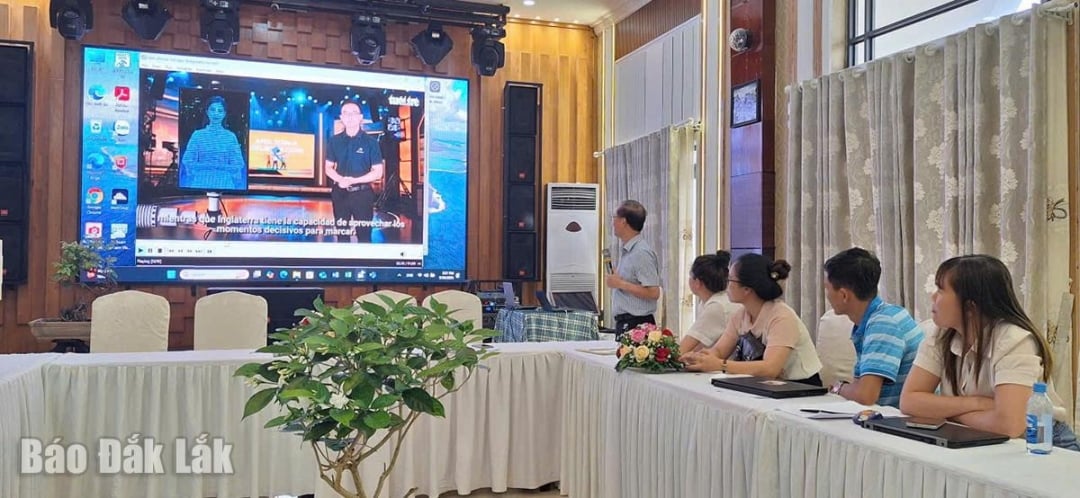 |
| Journalist Le Xuan Trung, Deputy Editor-in-Chief of Tuoi Tre Newspaper, shared about AI as a virtual assistant for event commentary programs at the professional training course "Skills in searching and developing journalism topics in the digital age". |
The outstanding strength of AI is the ability to personalize. Users can set up AI as an “intelligent partner”. In the settings, reporters and journalists can shape AI as an assistant, partner, editor or sub-reporter… this allows for personalization of usage and building a more in-depth reporting process. However, AI is only effective if users know how to give smart commands and control information.
Never before has journalism faced so much pressure as it does today: readers changing their information access habits, fake news spreading, the explosion of AI technology... But, never before have journalists had so many support tools at their disposal.
The proactiveness of press agencies in equipping themselves with new knowledge has helped journalists become confident and master technology, contributing to improving the quality of press products and better serving the information needs of the people. Training courses, practical sharing sessions, and experimental products applying AI are a solid foundation for journalists to step out of their “comfort zone” and proactively adapt to technological changes.
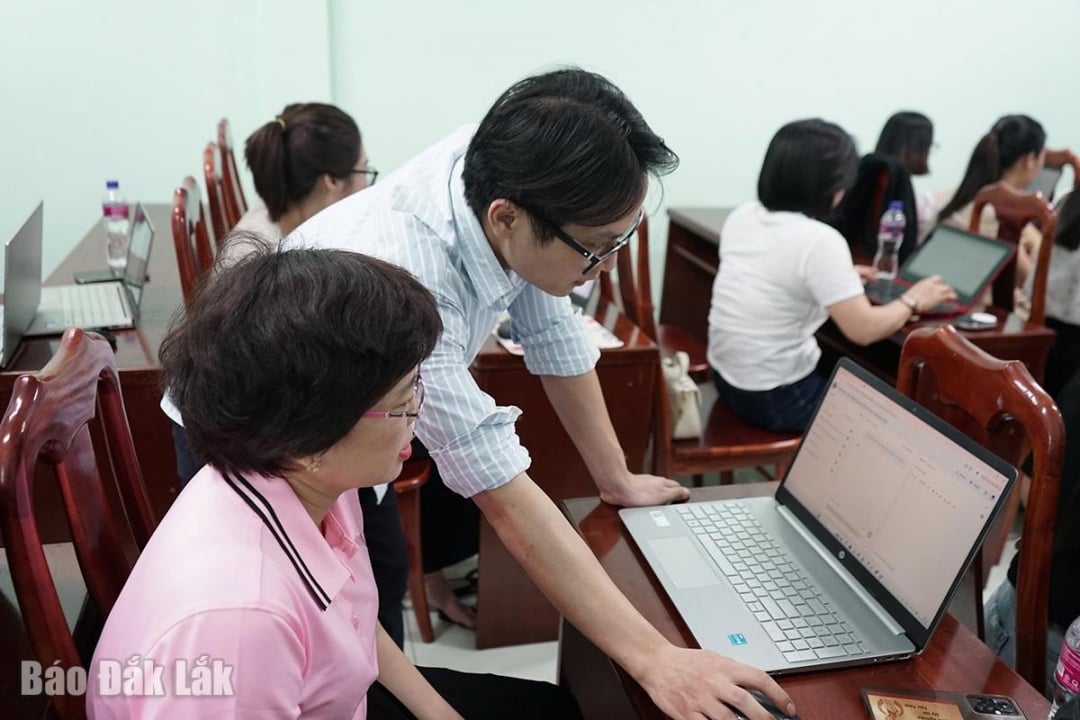 |
| Dr. Luong Dong Son, lecturer at the Academy of Journalism and Communication, guides students to set commands in the ChatGemini application at the training course "Application of artificial intelligence in journalism". |
No matter how smart and talented AI is, it cannot replace the core values of the heart and ethics of a journalist. Many reporters use the “material” of their experiences during each assignment to tell emotional stories, from trekking through forests and streams to remote villages to film, record, and interview the voices of the people, to staying up all night at the scene…. Those seemingly small details create the unique identity of journalists and journalism that no software or algorithm can imitate.
AI voice can be fluent and clear but not as emotional as a radio announcer's voice when telling a story about a teacher with cancer and his concerns for poor students, wishing to bring a charity class full of laughter and love... AI articles have correct syntax and grammar, but lack the "human quality" of experience, empathy and humanity.
Journalism needs more than just information. It needs liveliness, movement, and kindness. So instead of fearing that AI will replace them, journalists proactively approach and use AI as a support tool, to have more time to go, observe, listen, and tell everyday stories with the heart of a journalist.
Source: https://baodaklak.vn/xa-hoi/202506/tri-tue-nhan-tao-va-bao-chi-cong-su-hay-doi-thu-d7b03c2/



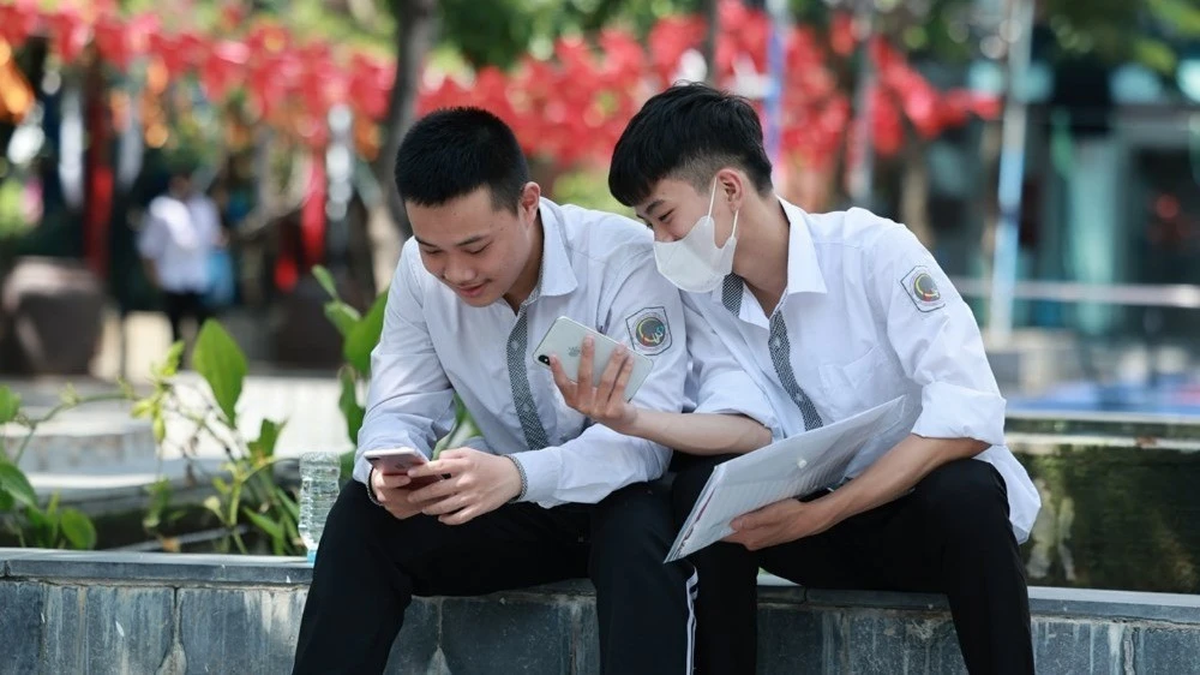



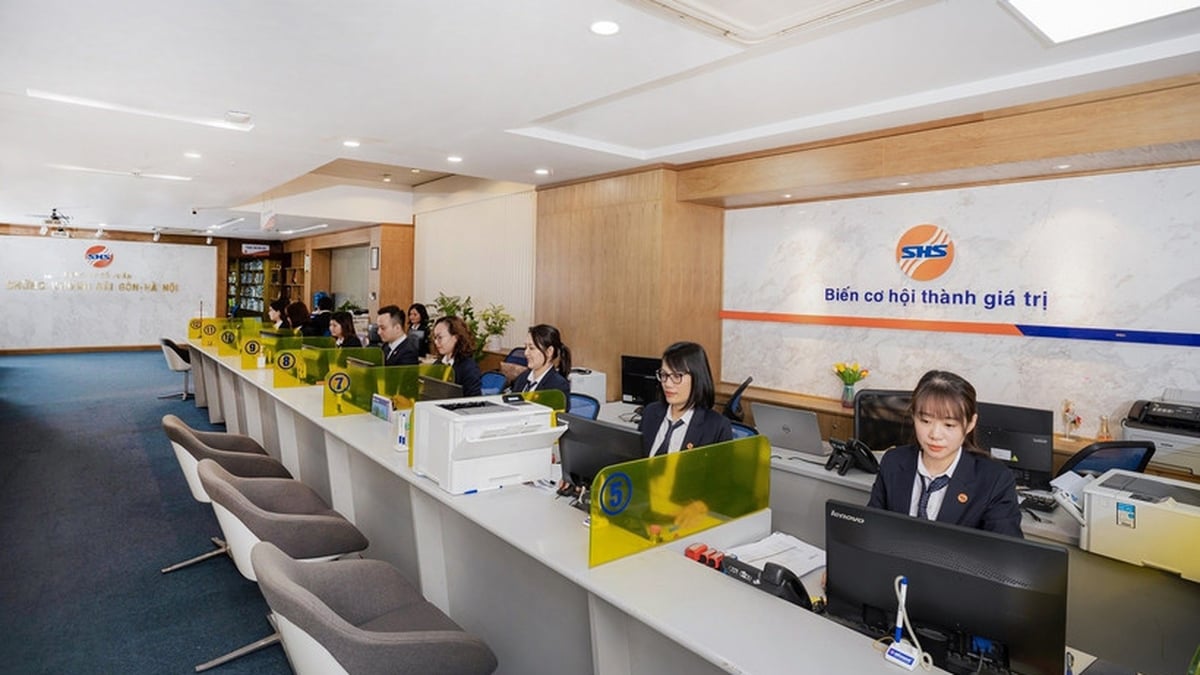


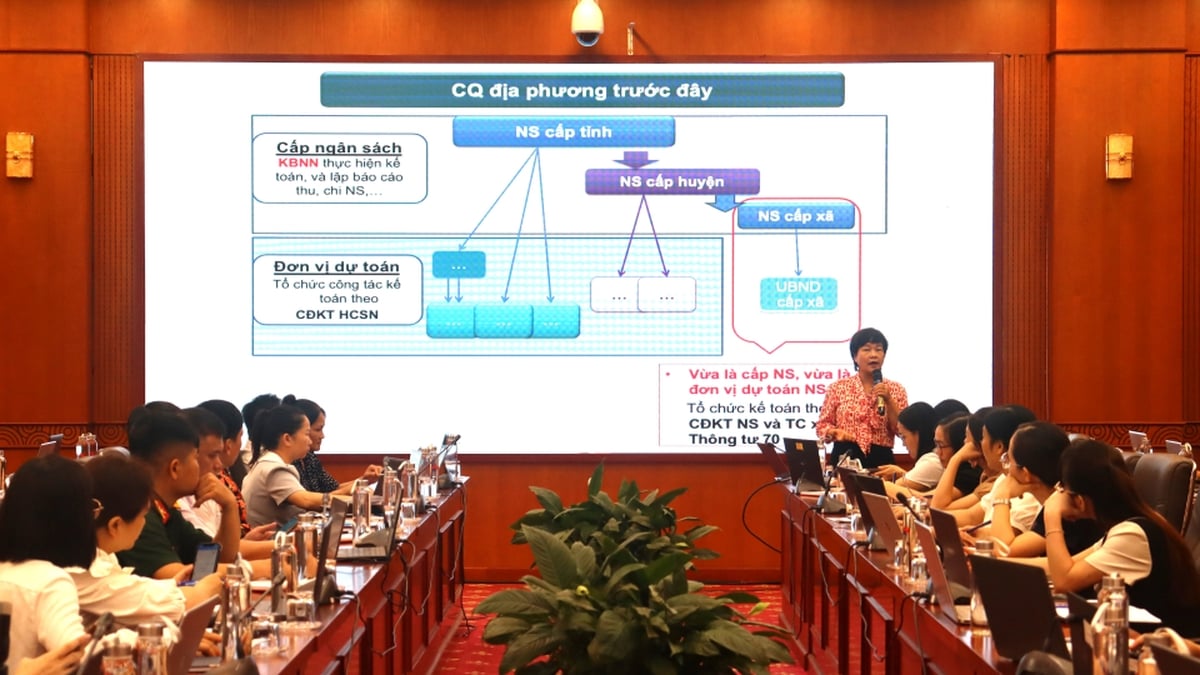
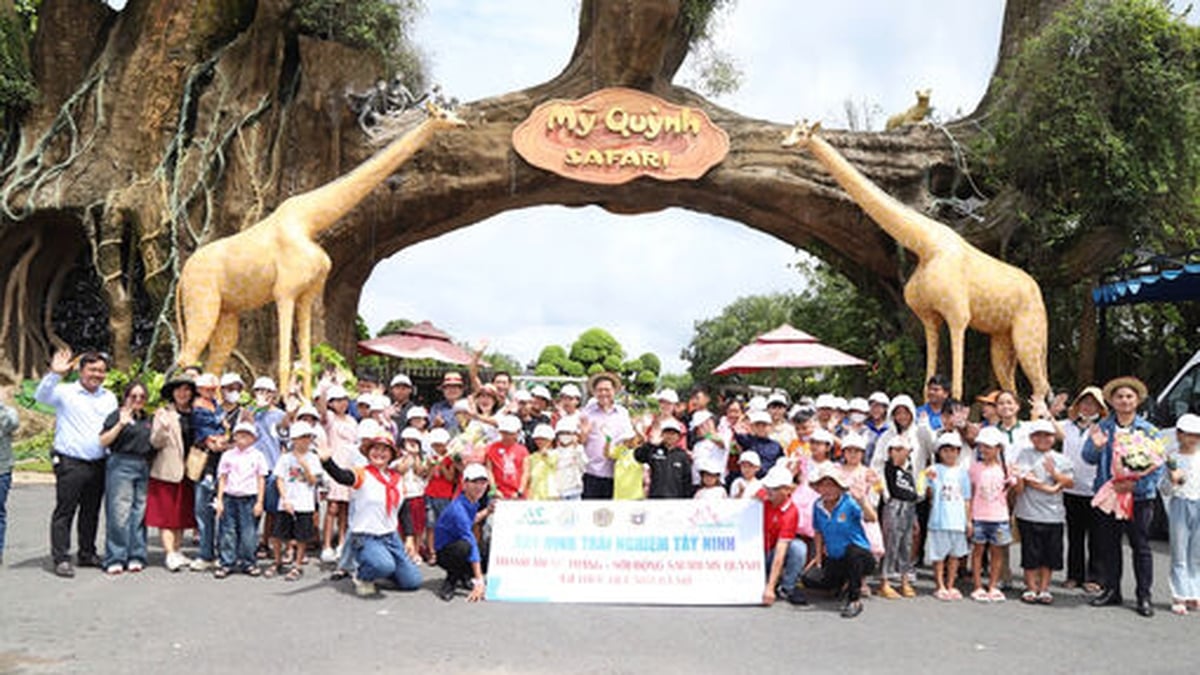










![[Photo] Prime Minister Pham Minh Chinh talks on the phone with Cambodian Prime Minister Hun Manet](https://vphoto.vietnam.vn/thumb/1200x675/vietnam/resource/IMAGE/2025/8/15/72d3838db8154bafabdadc0a5165677f)
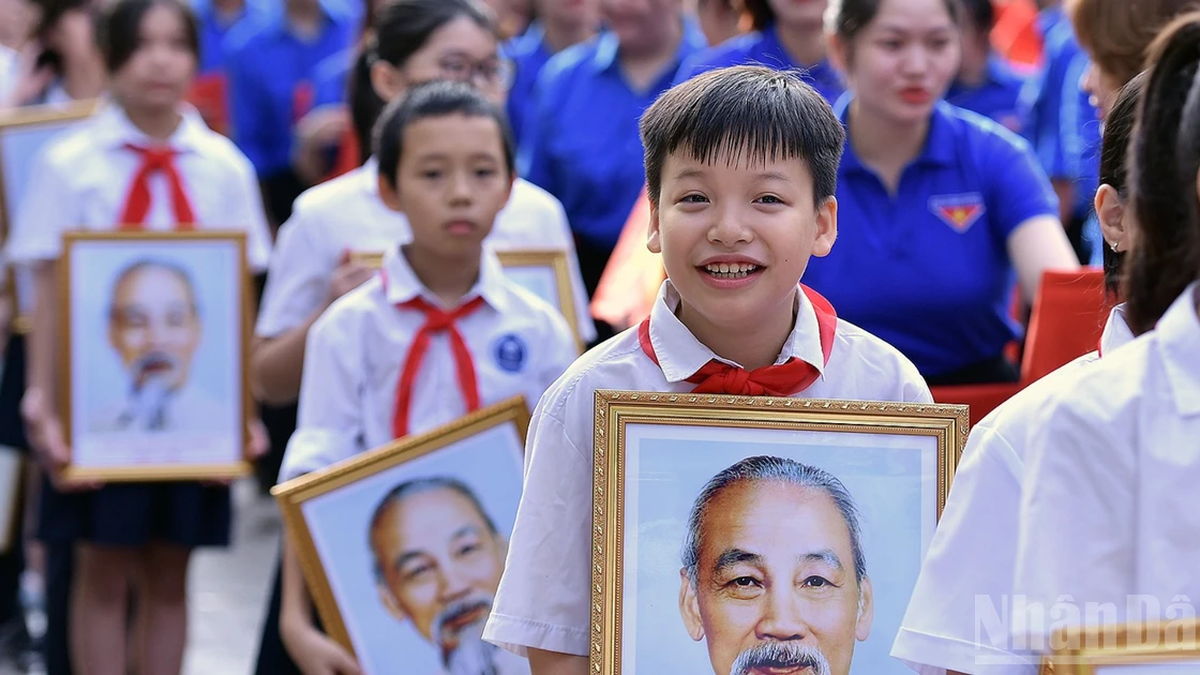
![[Photo] General Secretary attends the inauguration ceremony of the Ministry of Public Security Headquarters](https://vphoto.vietnam.vn/thumb/1200x675/vietnam/resource/IMAGE/2025/8/16/3ceec3a24ef945c18ae2b523563b749d)
![[Photo] Red and yellow stars at the launching ceremony of the program "Moving Forward with Vietnam"](https://vphoto.vietnam.vn/thumb/1200x675/vietnam/resource/IMAGE/2025/8/16/076df6ed0eb345cfa3d1cd1d7591a66f)
![[Photo] Prime Minister Pham Minh Chinh attends a special art program called "Hanoi - From the historic autumn of 1945"](https://vphoto.vietnam.vn/thumb/1200x675/vietnam/resource/IMAGE/2025/8/15/c1c42655275c40d1be461fee0fd132f3)

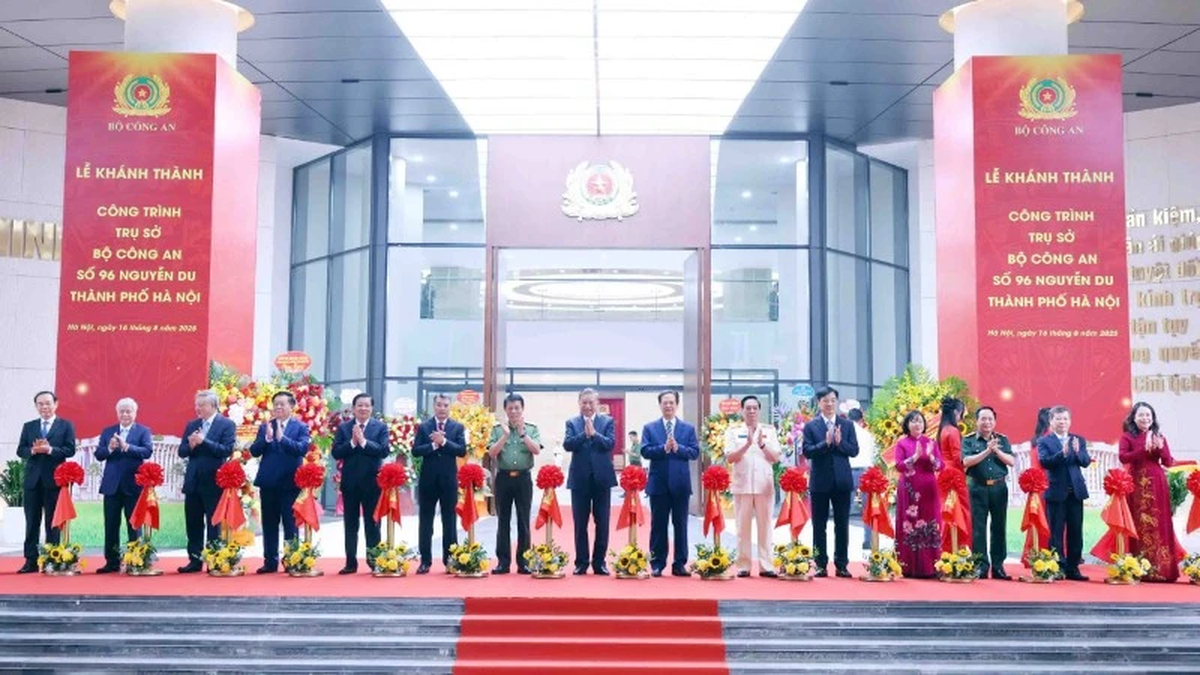
![[Photo] “Moving forward with Vietnam” on the most romantic road in Vietnam](https://vphoto.vietnam.vn/thumb/1200x675/vietnam/resource/IMAGE/2025/8/16/0ee500bc59fd4468863261ee26f47fe7)

![[Photo] National Assembly Chairman Tran Thanh Man attends the inauguration ceremony of President Ton Duc Thang Memorial House](https://vphoto.vietnam.vn/thumb/1200x675/vietnam/resource/IMAGE/2025/8/16/23555950872d428a8708a1e2f94cbf59)
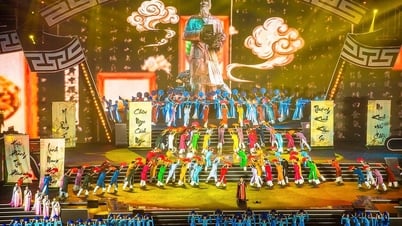












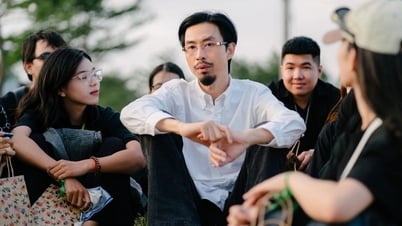

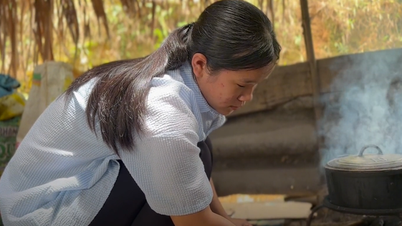





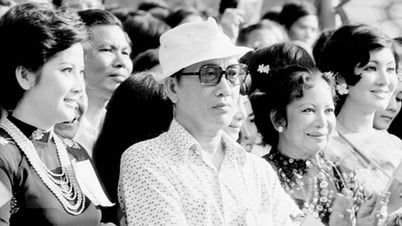








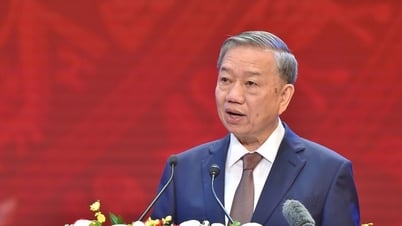












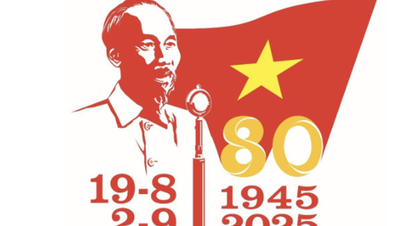























Comment (0)